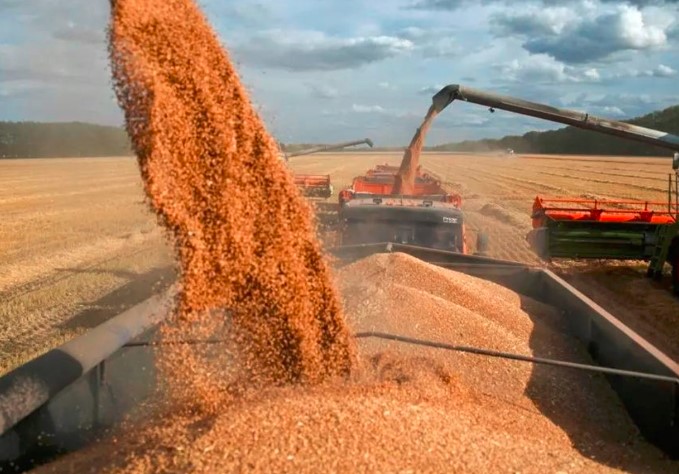News in brief: After the European Commission lifted the temporary ban on Ukraine grain imports, Hungary, Poland, and Slovakia imposed their own unilateral nationwide bans. These decisions have drawn criticism and raised concerns about unity among EU member states.
The European Commission has lifted the temporary bans on Ukrainian grain on Friday after Kyiv agreed to tighten control over its agricultural exports. However, Hungary, Poland and Slovakia announced that they would impose their own nationwide prohibitions on a unilateral basis.
Polish Prime Minister Mateusz Morawiecki said that the ban would be extended despite the European Commission’s disagreement. He added that the ban was in the interest of domestic farmers.
Poland’s minister of economic development, Waldemar Buda, further revealed that the new national regulation would be indefinite, going into force after publication at midnight, on September 16 2023.
Hungary also announced a similar ban on 24 Ukrainian agricultural products. They include grains, vegetables, honey, and several types of meat. These products will be sealed at the border and allowed only transit to other countries.
Slovakia’s Prime Minister ĽudovÃt Ãdor said that it is banning import of four commodities â wheat, corn, rapeseed and sunflower seeds â from Ukraine. He expressed similar sentiments as his colleagues and confirmed that the move is a reaction to the similar one by Poland and Hungary.
The European Union (EU) had imposed temporary bans on Ukraine grain imports in May due to concerns about food security. However, the Commission said that the situation had changed since then and that Ukraine had taken steps to ensure that its exports would not cause a shortage in the EU.
Hungary, Poland and Slovakia’s decision to defy the EU ban has been criticised by some as being protectionist. The Commission also has expressed disappointment over the decisions but said that it will continue to work with the countries to find a common ground. Analysts say that Commission could take legal action against the two countries.
The ban is a setback for the union in its efforts to help Ukraine export its grains. It also raises questions about the unity of the member states in the face of the Russian invasion.



